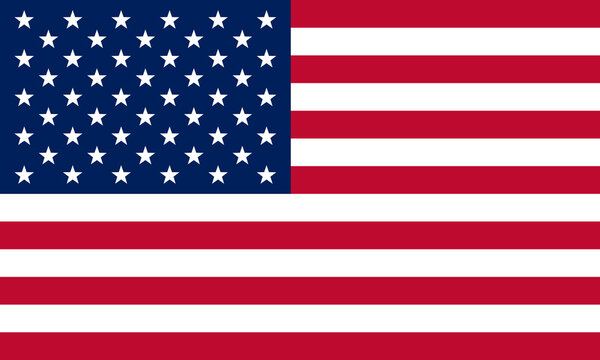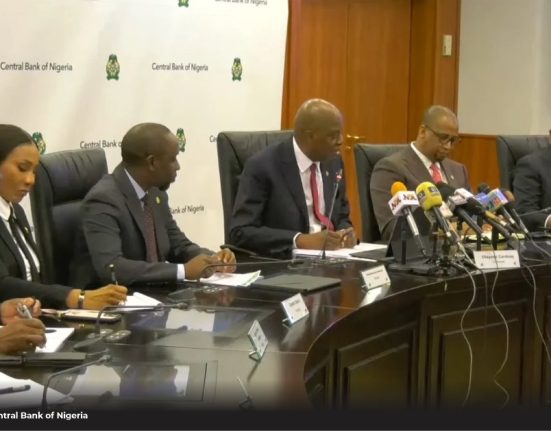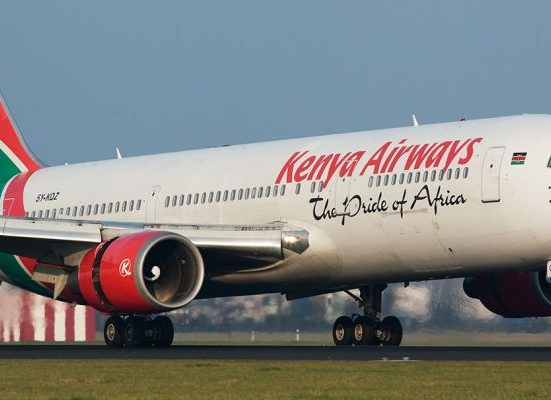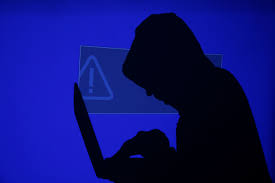The United States government has revoked the visas and legal status of more than 600 international students from over 100 universities across the country as part of an intensified immigration enforcement under the Trump administration. While the crackdown has created widespread anxiety among foreign students, Nigerian students have not been reported among those affected.Scale and Scope of Visa Revocations.
The US State Department has terminated the legal status of international students across prestigious institutions including Harvard, Stanford, Michigan, UCLA, and Ohio State University. Secretary of State Marco Rubio confirmed last month that over 300 visas had been rescinded, though more recent reports indicate the number has grown to exceed 600 students.
The revocations primarily target holders of F-1 and J-1 visas, which are issued to full-time students in accredited academic programs and participants in research or cultural exchange programs respectively. Many affected students discovered their status had changed only through unexpected text messages, emails, or when checking federal databases.Reasons Behind the Crackdown.
The Trump administration has cited various justifications for the visa terminations: Alleged involvement in pro-Palestinian activism and campus protests against the war in Gaza minor infractions including traffic violations Activities deemed “destabilizing” or that “run counter” to US national interests Secretary Rubio has been particularly vocal about the policy, stating at a press briefing: “Every time I find one of these lunatics, I take away their visa,” referring to pro-Palestinian student activists. He defended the revocations by asserting that student visas are strictly for educational purposes.
Impact on Universities and Students College administrators report that the government has been quietly terminating students’ legal residency status with little notice to students or schools, marking a shift from past practice. This leaves affected students immediately vulnerable to detention and deportation, as there is no grace period for a terminated visa.Many university officials have expressed alarm over what appears to be a new level of government scrutiny:”
These are unprecedented times, and our normal guiding principles for living in a democratic society are being challenged,” University of Massachusetts Boston Chancellor Marcelo Suárez-Orozco wrote in an email to the campus community.Legal Challenges and Concerns Civil liberties organizations have raised serious concerns about the visa revocations:”
No president should be allowed to set an ideological litmus test and exclude or remove people from our country who they disagree with,” the American Civil Liberties Union (ACLU) stated.Legal advocates argue that the administration is increasingly revoking visas based on political expression, particularly pro-Palestinian sentiment.
While international students are entitled to First Amendment protections, their temporary immigration status makes them especially vulnerable to punitive measures related to political speech.Nigerian Students Currently Unaffected According to the statement attributed to AbdurRahman Balogun, spokesperson for the Nigerians in Diaspora Commission (NiDCOM), Nigerian students have not been affected by the current wave of visa revocations. The Commission is reportedly monitoring the situation closely.
This development comes in the context of other immigration restrictions by the Trump administration, though notably Nigeria was not included in a separate travel ban affecting 43 countries announced in March.The situation remains fluid as legal challenges continue and universities work to support their international student populations. Nigerian students, who represent approximately 1.5% of international students in the United States, are advised to stay informed about their visa status and maintain compliance with all immigration requirements.







